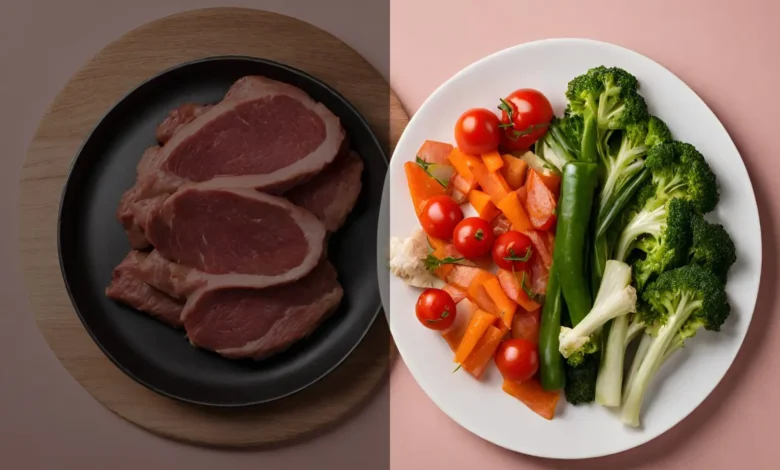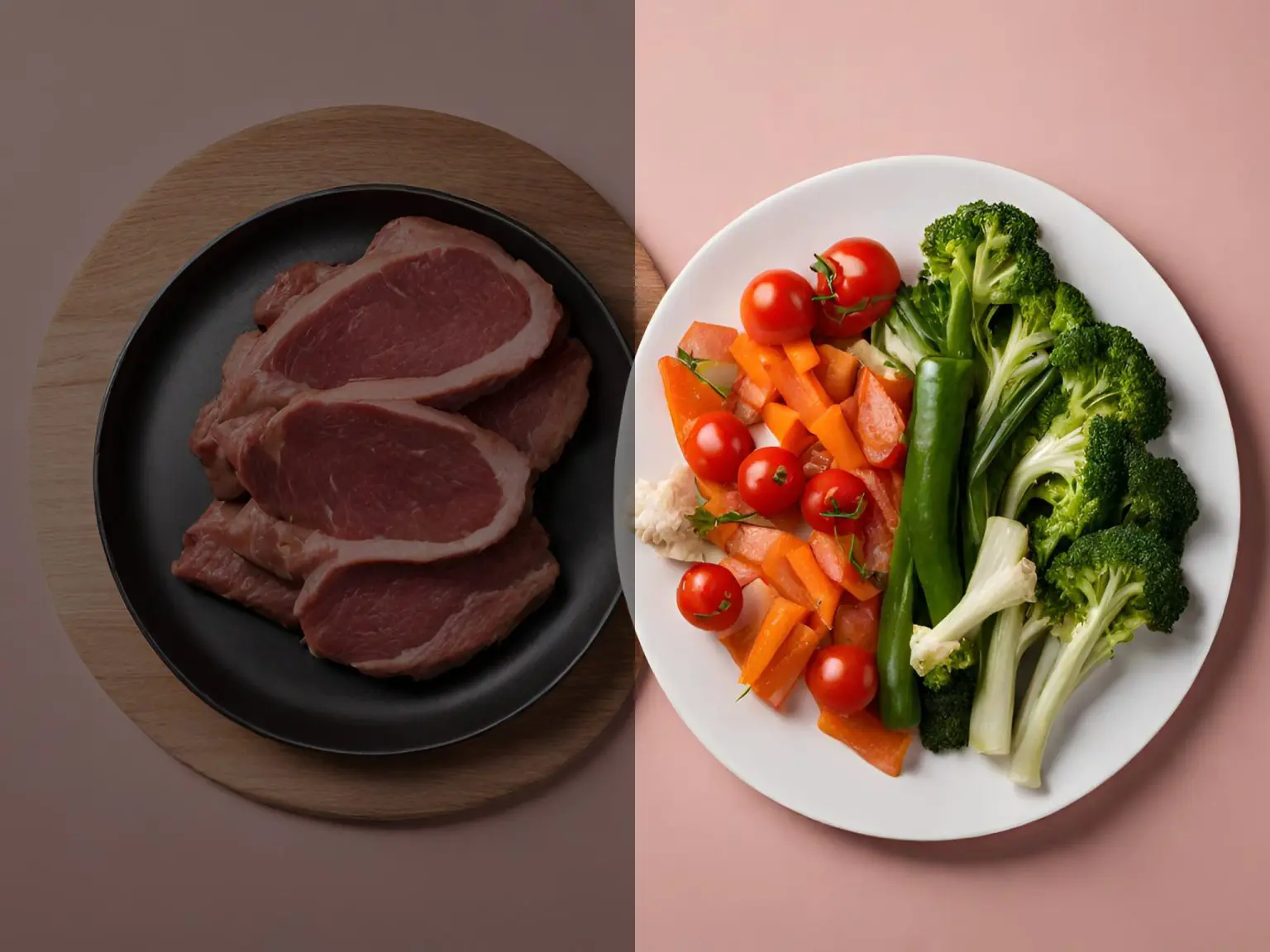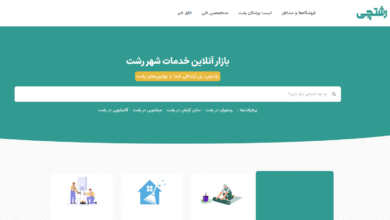Beyond the Plate: Rethinking Our Relationship with Animals, the Planet, and Ourselves

In a world facing ecological collapse, rising chronic disease, and ethical crises, one industry quietly ties them all together: animal agriculture. It is hidden behind cheerful labels and glossy packaging, but the reality of factory farming is anything but benign. Millions of animals suffer every day, ecosystems are eroded, and human health is compromised—all for the sake of cheap meat, dairy, and eggs.
This is a wake-up call—and an invitation to imagine something better.

🐖 The Forgotten Victims: Animals in the System
At the heart of this system are animals—sentient beings with the capacity to feel fear, pain, joy, and even affection. Yet in factory farms, they are treated as commodities.
- Pigs are confined in crates so small they can’t turn around.
- Chickens live packed into windowless sheds, bred to grow so quickly they suffer heart failure and broken legs.
- Fish are pulled from the ocean by the billions or raised in underwater cages where disease, stress, and suffocation are routine.
- Cows are kept in industrial feedlots, enduring brutal mutilations and constant cycles of forced pregnancy.
These practices aren’t rare—they are standard. And they contradict what many of us believe about animals: that they matter.
Explore more about animal sentience and the ethical case for recognizing their rights.
🌍 Environmental Impact: Eating the Planet
Factory farming isn’t just cruel—it’s unsustainable.
- It is a major contributor to climate change, emitting more greenhouse gases than all global transportation combined.
- It leads to mass deforestation, particularly in the Amazon, to grow soy feed for livestock.
- Manure runoff pollutes rivers and groundwater, causing “dead zones” and harming aquatic life.
- Livestock operations use and waste enormous amounts of water and soil, while pesticides and antibiotics poison ecosystems.
This is not a minor footprint—it’s an ecological emergency. What we eat is now one of the biggest drivers of environmental degradation.
🧬 Human Health: Collateral Damage
Many assume that eating animal products is necessary for health. But growing evidence suggests the opposite.
- Diets high in meat and dairy are linked to heart disease, certain cancers, type 2 diabetes, and obesity.
- Factory farms breed antibiotic-resistant bacteria through the routine use of antibiotics, creating a global public health threat.
- Slaughterhouse and farm workers face injury, trauma, and exploitation—often with no protections.
Meanwhile, plant-based diets are associated with improved health outcomes and longer life expectancy. Our food system is not only making animals sick—it’s making us sick, too.
Learn more about the public health impacts of factory farming and what’s at stake.
🔁 A System Built on Injustice
Factory farming intersects with issues of social justice and inequality.
- Marginalized communities often live near factory farms and suffer from polluted air and water.
- Workers—many undocumented—are exposed to dangerous conditions without labor rights.
- Global hunger is exacerbated by feeding crops to animals rather than directly to humans.
This is not just about personal choices—it’s about systemic injustice. Rethinking our food system is essential for building a more equitable world.
🌱 A Better Way Is Within Reach
The good news is that alternatives are not only possible—they are already here.
- Plant-based foods are now widely available, affordable, and delicious.
- A growing vegan movement is advocating for a future where kindness and sustainability take priority.
- Governments and institutions are beginning to recognize the need for change and are promoting plant-forward policies and innovation.
- You can start making a difference today with practical tips for transitioning.
Every action counts. Every meal matters. Choosing plant-based options helps reduce suffering, preserve natural resources, and improve health—for ourselves and future generations.
The story of factory farming is not one of individual cruelty—it’s a system. But systems can change. They have before. And the change begins with awareness, courage, and compassion.
If you’ve read this far, you’ve already taken the first step. The next is yours to choose.
Visit cruelty.farm to explore in-depth resources, find community, and take action. The future of food doesn’t have to be built on suffering. It can be built on justice, compassion, and sustainability—for all beings.




